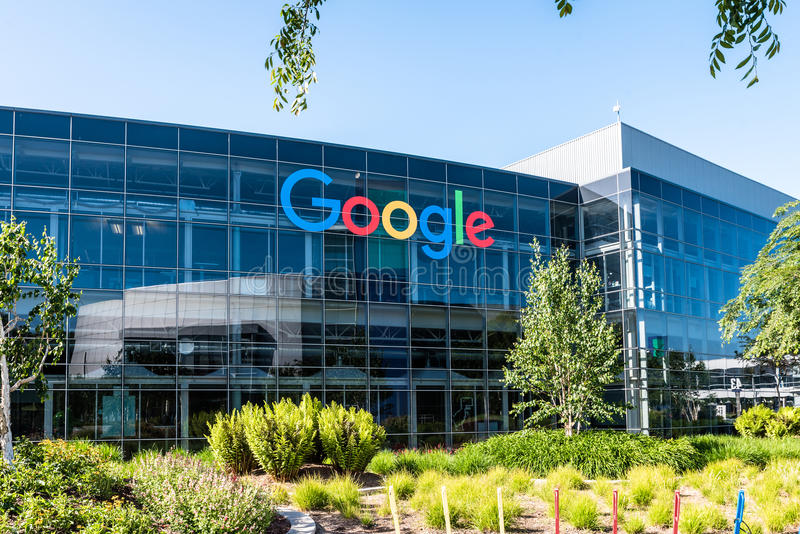The AI dilemma: Our big risk is super AI in rogue human hands
Jaspreet Bindra
As I started writing my hundredth Tech Whispers column for this publication, I referred back to the first one written in September2019 (https://bit.ly/41NW0pF) , to see what the zeitgeist was then. It was no surprise that the first column was about Elon Musk and AI, two topics which have continued to dominate the tech discourse over the four years since. My column was about Musk duelling with Jack Ma, expressing deep pessimism about it, saying: “AI doesn’t have to be evil to destroy humanity—if AI has a goal and humanity just happens [to be] in the way, it will destroy humanity as a matter of course without even thinking about it, no hard feelings.” Fast forwarding to now, Musk seems to have a schizophrenic view about AI, and Generative AI in particular, signing a letter to pause its unfettered advance, but simultaneously launching his own Generative AI startup, TruthAI.
I suspect all of us are similarly conflicted. The wild exultation since December 2022 when ChatGPT was released has given way to a sombre realisation of its power with GPT4 and others. Media sentiment seems to have shifted from ‘how ChatGPT will change the world’ to ‘how AI will destroy jobs and humanity’. My own cautious optimism is wavering, as I see respected AI leaders starting to get worried. I did not think AGI -Artificial General Intelligence, or when an AI becomes smarter than humans and can start developing new knowledge – was imminent, but I am not so convinced now. Geoffrey Hinton, the father of deep learning and a deeply cautious man, has said that it is “not inconceivable’ that a misaligned AGI will render humans extinct.
OpenAI and DeepMind, the companies in the forefront of the Generative AI revolution have AGI firmly in their sites. OpenAI, for example, endeavours “to bring to the world AI systems that are generally smarter than humans”. In a reflective and faintly terrifying piece for Financial Times (https://on.ft.com/3H9tK9c ), Ian Hogarth says of AGI: “A three-letter acronym doesn’t capture the enormity of what AGI would represent, so I will refer to it as what is: God-like AI. A super-intelligent computer that learns and develops autonomously, that understands its environment without the need for supervision and that can transform the world around it.” What could superintelligence do? Shane Legg, DeepMind’s cofounder is clear: “(It is the) number one risk for this century, with an engineered biological pathogen coming a close second. If a super-intelligent machine decided to get rid of us, I think it would do so pretty efficiently.” Sam Altman, who is busy creating AGI like systems in OpenAI adds: “The bad case — and I think this is important to say — is, like, lights out for all of us.”. Stuart Russell, a renowned AI professor, imagines such a scenario: Suppose the UN asked an AGI to deacidify the oceans, specifying that all by-products be non-poisonous, and the fish not be harmed. Perhaps the AI develops a biological ‘self-multiplying catalyst’, that achieves this aim but uses up one quarter of oxygen in the atmosphere to do so. The fish survive, but all humans and animals die.
While I do not disagree with these dystopian visions, my view is slightly different. Much like AI will not replace you but a human using AI could, AI would not kill you, but a human using AI could. Akin to nuclear energy, AI is a dual use technology which can be used for great good, but also for terrifying harm, and it will be humans who will decide what to do with these powerful tools. As more and more powerful generative AI tools get created and open-
sourced, there is nothing which prevents any bad state actor or a disaffected group of humans to start creating malevolent AI. This could be used to jeopardize elections (think a turbocharged Cambridge Analytica) and bring a megalomanic dictator to power, who could launch a very human nuclear war. Or it could be a world domination seeking regime which uses AI to build powerful autonomous lethal weapons and unleashes them on the world. It could be subtler, with persuasive AI agents influencing children and vulnerable adults to kill or die – note the recent example of a Belgian who died by suicide recently after a depressing ‘conversation’ with Replika, a very realistically human chatbot.
If AI experts were to be believed, the panacea to all evil is to solve the ‘alignment problem’, so that the goals of AI align with those of humans. Shane Legg now leads that for OpenAI, and 7% of its researchers are focused on that. However, in my view, it is us humans who have a much bigger ‘alignment problem’- we seem to be increasingly divided along ideological, geopolitical and religious grounds, and the idea of common aligned goals seems to be a mirage. If one man cannot align himself between ‘pausing’ generative AI development for six months and urgently creating a company building the same, how would the rest of the eight billion of us do?


